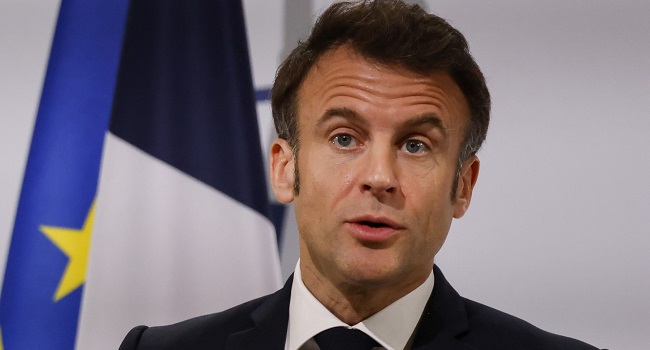French President Emmanuel Macron is in a race against time to meet a 48-hour deadline he set to appoint a new prime minister. The move follows intense political turmoil triggered by the no-confidence vote that removed Michel Barnier’s government. Macron has been working to build a coalition that can stabilize the political climate and prevent further crises.
In an effort to form a “government of national interest,” Macron hosted a series of meetings with political leaders. Notably absent were the heads of the far-right National Rally (RN) and the hard-left France Unbowed (LFI), whose combined efforts had ousted Barnier. Macron is under pressure to forge alliances that can withstand another no-confidence vote and successfully pass a budget for the coming year.
As of Wednesday, speculation was rife about the possible candidates for the prime ministerial role. Among the names floated was Francois Bayrou, a longtime ally of Macron, though his candidacy has drawn criticism for representing continuity rather than change. Socialist Party leader Olivier Faure has advocated for a prime minister from the left, reflecting broader calls for fresh leadership.
Other contenders include former Foreign Minister Jean-Yves Le Drian, who reportedly declined an initial offer but remains a possibility, and current Defence Minister Sebastien Lecornu. Macron is also exploring a potential non-aggression pact, where parties would agree not to bring down the government in exchange for concessions.
In a cabinet meeting on Wednesday, Macron emphasized the need for stability and thanked the outgoing government. A draft budget law to ensure government operations continue into the new year has been presented and is expected to gain broad support when debated next week.
Meanwhile, Marine Le Pen, leader of the far-right National Rally, continues to loom large in French politics. Though not invited to Macron’s talks, she stated she wasn’t displeased by the exclusion. Polls suggest Le Pen’s growing popularity, with projections showing her leading in potential matchups against other major political figures in the next presidential election.
As Macron seeks to navigate these turbulent times, his ability to bring opposing forces together will be crucial in determining France’s political direction in the months ahead.


